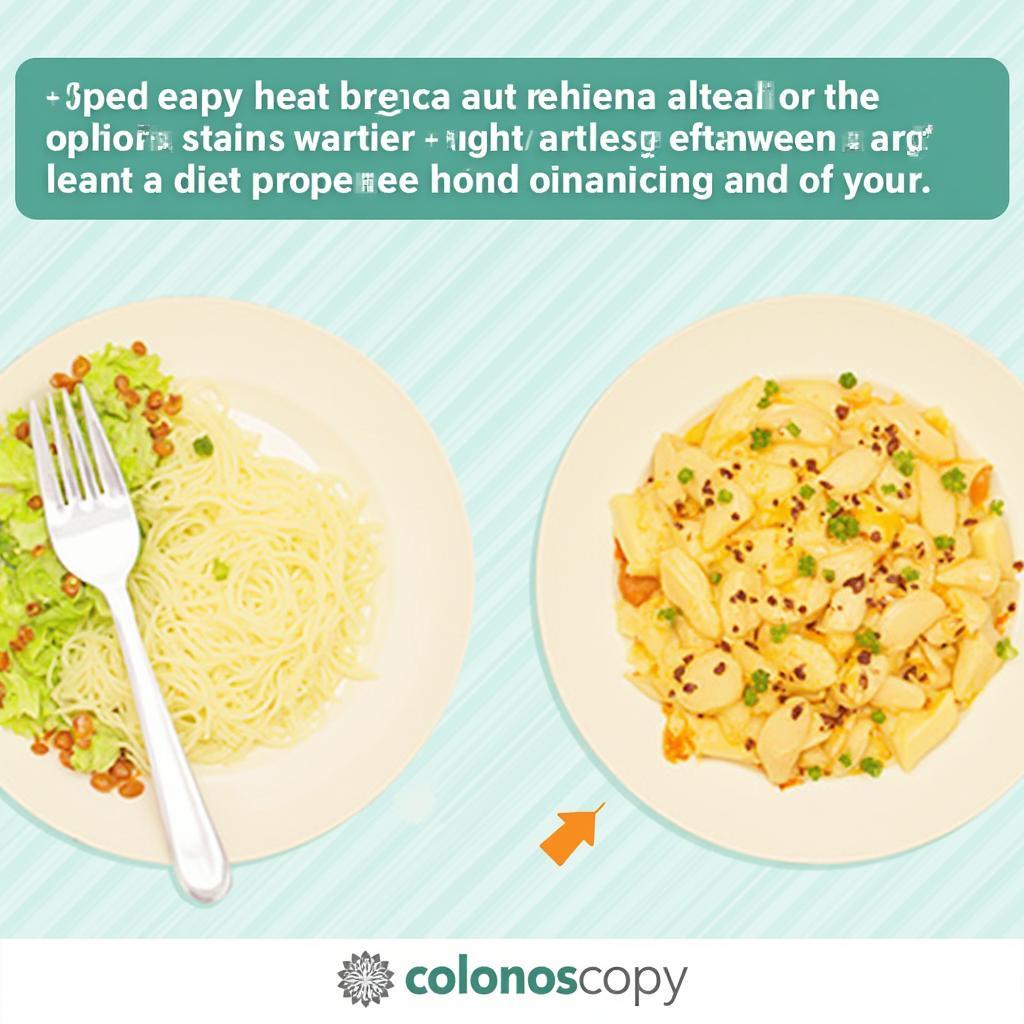
Can Dogs Eat Cooked Turkey Necks? The Dangers of Cooked Bones
You might be tempted to give your furry friend a tasty treat after enjoying a delicious turkey dinner. But hold on! While raw turkey necks can be a healthy and nutritious option for dogs, cooked turkey necks are a big no-no. Let’s explore why cooked bones are dangerous for dogs and what you should do instead.
The Dangers of Cooked Turkey Necks for Dogs
It’s important to understand how cooking changes the structure of bones. When bones are cooked, they become brittle and hard, like glass. This change in texture makes them prone to splintering into sharp, jagged edges when chewed. These splinters can cause serious injuries, like choking hazards, punctures in the mouth and throat, or even damage to the digestive system.
Imagine a dog trying to chew a cooked bone; the force of their jaw can easily cause the bone to splinter. These sharp pieces can then lodge in their throat, puncture their digestive tract, or even cause a serious internal injury.
What Happens If My Dog Eats a Cooked Turkey Neck?
If your dog has eaten a cooked turkey neck, it’s essential to act quickly. Watch for warning signs, such as coughing, gagging, excessive drooling, vomiting, loss of appetite, lethargy, or bleeding from the mouth. These are all indications of a potential injury.
If you suspect your dog has eaten a cooked turkey neck and is showing any of these symptoms, contact your veterinarian immediately. They will be able to assess the situation and recommend the best course of action, which might involve surgery, X-rays, or other procedures. It’s important to remember that timely intervention can be crucial in preventing serious complications.
Safe Alternatives to Cooked Turkey Necks
So, what are safe alternatives to cooked turkey necks? Well, raw turkey necks are a great option! Raw bones, unlike cooked ones, have a softer, more flexible texture. They can be chewed safely and broken down in a dog’s digestive system.
You can purchase raw turkey necks from your local butcher shop or farmers market, and they are also increasingly available online. However, it’s important to follow some safety precautions:
- Always source raw bones from reputable suppliers to minimize the risk of contamination.
- Wash the raw bones thoroughly before giving them to your dog.
- Supervise your dog while they’re chewing on raw bones.
Another great option is dehydrated turkey necks. These necks are cooked at low temperatures, preserving their nutritional benefits while ensuring they’re safe for your dog to chew. You can find dehydrated turkey necks online or at pet supply stores. When buying, choose products made in the United States to ensure quality and safety.
Feeding Your Dog Turkey Necks Safely
When choosing turkey necks, it’s essential to consider your dog’s size. Larger dogs can handle larger turkey necks, while smaller dogs might be better suited to chicken necks. Always ensure you’re providing a safe and appropriate size for your dog.
Introduce turkey necks to your dog gradually. Start with small pieces and observe how they handle them. Monitor their digestion and look out for any potential issues. It’s also important to provide your dog with plenty of fresh water when they’re chewing on bones.
Other Considerations When Feeding Turkey Necks
Chewing on turkey necks can be beneficial for your dog’s dental health. The chewing action helps remove plaque and tartar build-up, promoting clean teeth and gums. However, if your dog has dental issues, talk to your veterinarian about alternative options.
Turkey necks are also a good source of glucosamine and chondroitin, which are essential for joint health. These nutrients can help support joint mobility and reduce inflammation.
Remember to balance turkey necks with other food sources to ensure your dog receives a complete and balanced diet. Consult with your veterinarian to create a healthy feeding plan that meets your dog’s individual needs.
FAQ
Are all turkey necks dangerous?
No, only cooked turkey necks are dangerous for dogs. Raw turkey necks are a safe and healthy option, providing valuable nutrients and dental benefits.
What are the signs that my dog has eaten a cooked turkey neck?
Look for symptoms such as coughing, gagging, excessive drooling, vomiting, loss of appetite, lethargy, or bleeding from the mouth.
What should I do if my dog has eaten a cooked turkey neck?
Contact your veterinarian immediately to assess the situation and get guidance on the best course of action.
How can I find safe turkey necks for my dog?
Look for raw or dehydrated turkey necks from reputable suppliers. Avoid cooked bones, and always choose the appropriate size for your dog.
Are turkey necks good for my dog’s dental health?
Yes, chewing on raw turkey necks can help remove plaque and tartar build-up, promoting dental hygiene.
Conclusion
We hope this article has helped shed light on the dangers of cooked turkey necks for dogs. Always opt for raw or dehydrated options to ensure your furry friend’s safety and well-being. If you have any questions or concerns, consult with your veterinarian.
Remember, always provide your dog with plenty of fresh water, and keep them active and engaged! And don’t forget to share this information with other dog owners to help keep their pups safe and healthy!
Learn more about us at: <a href="https://bellabbs.com/"Bellabbs
This article was written by bellabbs to provide you with in-depth and up-to-date information on all aspects of cooking, ensuring you stay informed about the latest developments in the culinary field. For more insightful content, be sure to check out our other articles and explore the world of cooking with bellabbs.



Comments (0)